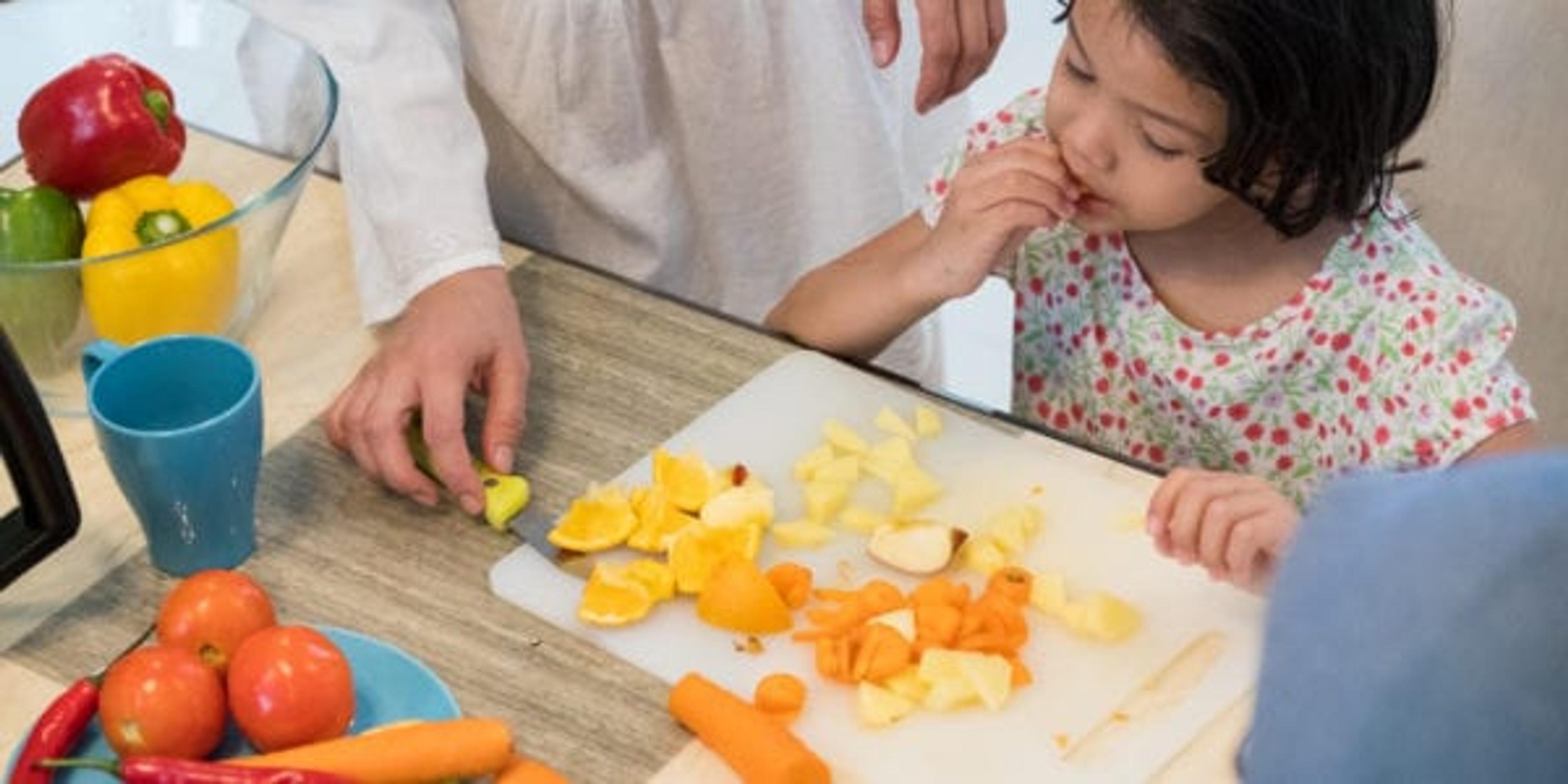How to Get Your Kids Excited About Produce
Shandra Martinez
| 3 min read

Most parents have seen television commercials that seem to poke fun at the fact that children don’t want to eat their vegetables. Picky eaters push peas around their plates – but don’t try them. Cooked spinach brings a grimace. Roasted beets are strange enough to make them raise their little eyebrows. These attitudes may seem funny, but when some parents run into problems getting their kids to eat enough fruits and vegetables, they may wonder how to turn around that behavior. It takes a little creativity, but there are a few ways to get your kids excited about produce.
A big part of this starts with mindset – the parents’, not the children’s. Many moms and dads approach the produce-avoidance problem like an obstacle that has to be solved. They try to push children to eat vegetables at the dinner table that kids really don’t want to try. Some parents negotiate with picky eaters, wheedling kids to take a certain number of bites. Instead of these frustrating encounters, parents should switch their mindset, according to a column in Psychology Today. Rather than focusing on “getting” kids to eat healthy foods, parents should think about how well they’re “teaching” youngsters to embrace fruits and vegetables.
Here are some easy ways to make that switch:
Make picking out produce fun at the grocery store. Adventurous eaters are created in the produce aisles. During each trip to the store, let children pick out a new fruit or vegetable. Praise them for finding the unusual ones. Maybe they’re intrigued by the spiky dragonfruit, or are drawn to the brightly-colored stalks of rainbow chard. When the new fruit or vegetable comes home, they can offer everyone a taste.
Slip them some produce money at the farmer’s market. Local farmer’s markets are a bounty of goodness. With a few dollars to spend, encourage children to seek out their favorites. They may point out a little basket of strawberries or a bunch of bright green onions. Give them a cloth bag so they can carry their own finds.
Let them grow their own. Gardens can be a source of wonder for young children – and a source of pride, turning them into backyard farmers who get excited when little seedlings grow into sturdy plants. When deciding what to grow in your garden or even just some containers, let your children pick their favorite fruits and vegetables. Then nudge them to pick out something new – just to see if it grows. During harvest season, teach them how to taste just-picked produce. Show them how baby lettuce leaves taste almost buttery, and how young peas can taste sweet like candy.
Little chefs are better eaters. Many times, being the ones in control of how fruits and vegetables are prepared makes children more apt to eat them. A child who avoids cooked carrots on their plate may love peeling raw carrots and dipping them into hummus. An older child who preps a batch of fresh green beans, then cooks them briefly with a little butter and salt, will likely be proud to serve them to the family. Youngsters can also be the designated salad-makers at dinner and select any combination of ingredients that appeal to them.
Related:
Photo credit: Getty





